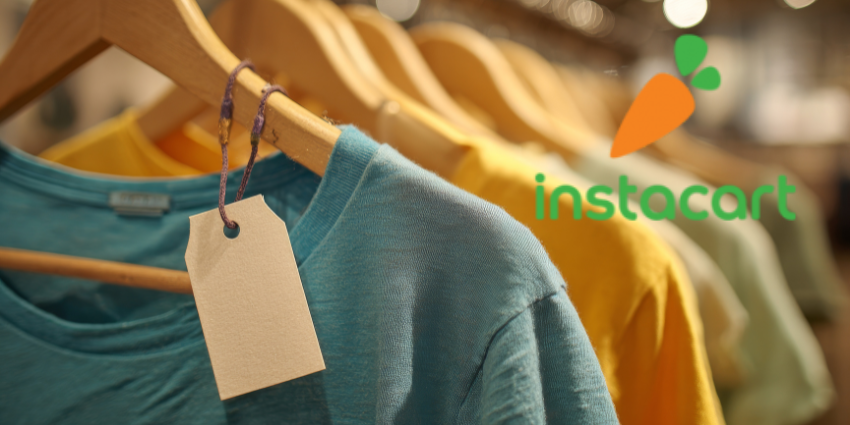2021 has been a year like no other. Businesses have had to contend with national lockdowns, social distancing requirements and a whole host of new consumer demands. It quickly became a fight for survival, with those unable to upscale and adopt new technologies at risk of falling behind. Meanwhile, commerce trends that were years in the making before COVID-19 were suddenly adopted at a brisk pace. IMRG Capgemini’s latest Online Retail Results reveal that UK online sales grew 74% year-on-year in January 2021, which is the largest rate of growth since the start of the first lockdown in March 2020. The knock-on effect is that consumers’ preferences for brand interactions have changed for good. Many retailers have rolled out new technologies since the start of the pandemic to facilitate the various requirements and restrictions of lockdown customer service. They will need to consider the sufficiency of these solutions when the high street re-opens.
No individual or industry has avoided the changes caused by the pandemic. But it’s understanding these changes that will be key to gauging a better picture of what today’s consumer of looks like and how they want to shop.
Expectations Higher Than Ever Before
One standout theme from the past twelve months has been the impact of good customer experience, and perhaps more worryingly for retailers, the repercussions of a bad experience. Research from Infobip, conducted in 2020, revealed that a third of British consumers will never spend again with businesses that they felt provided bad customer service during lockdown. Their biggest frustrations included waiting to speak with customer services (35%), limited ways and times to contact a company (31%) and repeating details multiple times to a customer service agent (20%).
The consumer of 2021 is more demanding than ever before, with a third of UK consumers saying that they have higher expectations of customer service following lockdown.
Thankfully many business leaders recognise the need to evolve. As Gartner predicts: “Customer service is the biggest influencer of the customer experience…. Organisations will seek to transition from delivering only to customer service journeys, to becoming partners.”
Those businesses that get customer service right will reap the rewards – especially when more than half (54%) of UK consumers said they will purchase from businesses again if the service was positive.
More are Mobile-first
When it comes to expectations of brand interactions, customers want to be able to interact with brands quickly, seamlessly and on the platform of their choice. Salesforce argues that “understanding customers’ needs – and exceeding their expectations –are becoming table stakes for businesses to compete.” It adds that “70% of customers say connected processes – such as seamless handoffs or contextualised engagement based on earlier interactions –are very important to winning their business.”
Facilitating these interactions across a range of channels, such as online webchat, SMS, WhatsApp, mobile apps, and voice calls, and being able to deliver a great, personalised customer experience on each will be integral to a positive brand perception.
The consumer of 2021 is mobile-orientated, so by leveraging the smart phone, brands can bring great experiences directly to the consumer. Infobip research revealed that a third of British people check their phone as soon as they wake up in the morning, and directly before they go sleep – confirming that this is the platform where they are most engaged. Digitally-savvy brands will begin to explore new avenues to engage customers, such as sending personalised push notifications, using WhatsApp to handle customer queries, or something as simple as enabling people to pay for items through their digital wallet.
Embrace Every Channel
The modern customer will evolve with their mobile in hand, so we can expect to see businesses increasingly adopt Rich Communication Services (RCS) to deepen their interactions. RCS messaging is the next generation of SMS. According to the GSMA, “the biggest advantage of RCS is that it enables users to send rich, verified messages. This means messages will be able to carry more information, so users can send things like photos, videos and audio messages to one another. Businesses will be able to use RCS Messaging to send boarding passes for airlines, package delivery notifications and credit card fraud alerts.”
This all-encompassing, fully branded two-way communication makes it easy for companies to create app-like experiences all from the comfort and security of an SMS inbox, creating a more memorable experience and a stronger connection with customers. This will be the channel to watch in 2021.
Doing Digital Right
The pandemic has completely changed the way we view and use businesses. But companies cannot rest on their laurels and expect to win customers over, just because they offer a digital solution. To be truly successful in 2021 and the years ahead, brands need to remember that they must be available on the channel customers want, when they want. And above all, these interactions must be personalised and contextualised. That means creating quality interactions across multiple platforms – SMS, WhatsApp, Chatbot and voice – to create a true omnichannel experience.
Implementing and investing in this technology now will ensure that brands are ready to deliver the experience today’s evolving consumer is looking for.
Guest blog by By Noel Lavery, UK Sales Director at Infobip






